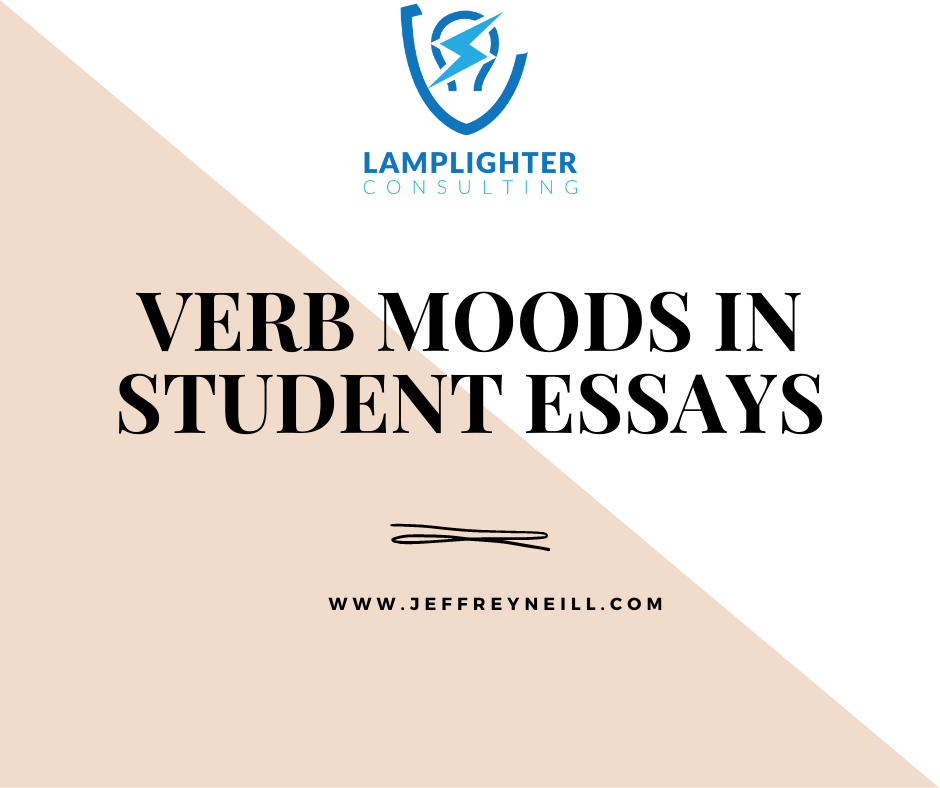Generative AI resources like ChatGPT are changing the landscape of high school college counseling. Instead of just generating essays, students should be guided to use AI as a 'thought partner' to genuinely enhance their work.
What Every High School Senior Should Do This Summer for College Success
Drawing from 22 years of experience guiding students through their college application journey, I've learned that preparation is key to success. This preparation begins with embracing the college application process, crafting a compelling main essay, and conducting thorough research on prospective colleges. By the end of the summer, students should have a finalized list of colleges they're interested in, a well-crafted resume, and a clear vision of their fall semester. While the college application process is important, it's equally crucial for students to continue pursuing their passions. In this digital age, leveraging technology and AI tools can streamline the college application process, helping students manage their applications, track deadlines, and even get help with essay writing. The more students can accomplish over the summer, the more time they will have to focus on their academics and enjoy their senior year.
Verb Mood in Student Essays
As a trained English teacher who has continued to keep a foot in the classroom throughout my career, I’ve long struggled with verb forms in student essays. In particular, when providing guidance to students on supplemental essays -- especially those of the “why us?” variety that so many universities request -- there seem to be two major schools of thought: first, there are those who employ the future tense (indicative mood), and, second, there are those who use the subjunctive mood.
Consider the following sentence from a recent essay I reviewed with a student. She presented it as such:
Studying under a world class faculty will give me the opportunity to engage with the leading minds in the field.
This sentence is one that employs the future tense, indicative mood whereas it would seem that it should employ the subjunctive mood because it is considering the hypothetical situation of his being admitted and enrolling at this university. In that case then, it could be argued that the sentence should be:
Studying under a world class faculty would give me the opportunity to engage with the leading minds in the field.
Of course, I would love for all of my students to know when and how to apply the appropriate grammatical structures, but I wonder whether some of these choices students are making in these regards have to do with more intentional or responsive considerations.
It might be argued that the indicative mood sounds more confident, almost as if it is inevitable that they will be admitted, which is what my student argued, so is this a potential tactic of argumentation or style rather than merely grammatical accuracy? While not technically correct as students write about futures in which they enroll at a particular university (a hypothetical), employing the indicative mood could convey a greater sense of confidence to an envisioned admissions reader. For example, the sentence opener “When I enroll at Bowdoin, I will…” (future) could be seen to reflect a greater amount of faith that this future will happen than the more grammatically appropriate, “If I were to enroll at Bowdoin, I would…”
Additionally, in line with one criticism of some admissions writing, it also might be considered that word count could help make this decision? The subjunctive can often contain more words.
In any case, deep, grammatical thoughts on a Thursday!
2019-20 Common Application Prompts Released
The Common Application recently announced the essay prompts the members of the Class of 2020 will have to tackle. They are as follows:
1. Some students have a background, identity, interest, or talent that is so meaningful they believe their application would be incomplete without it. If this sounds like you, then please share your story.
2. The lessons we take from obstacles we encounter can be fundamental to later success. Recount a time when you faced a challenge, setback, or failure. How did it affect you, and what did you learn from the experience?
3. Reflect on a time when you questioned or challenged a belief or idea. What prompted your thinking? What was the outcome?
4. Describe a problem you've solved or a problem you'd like to solve. It can be an intellectual challenge, a research query, an ethical dilemma - anything that is of personal importance, no matter the scale. Explain its significance to you and what steps you took or could be taken to identify a solution.
5. Discuss an accomplishment, event, or realization that sparked a period of personal growth and a new understanding of yourself or others.
6. Describe a topic, idea, or concept you find so engaging that it makes you lose all track of time. Why does it captivate you? What or who do you turn to when you want to learn more?
7. Share an essay on any topic of your choice. It can be one you've already written, one that responds to a different prompt, or one of your own design.



